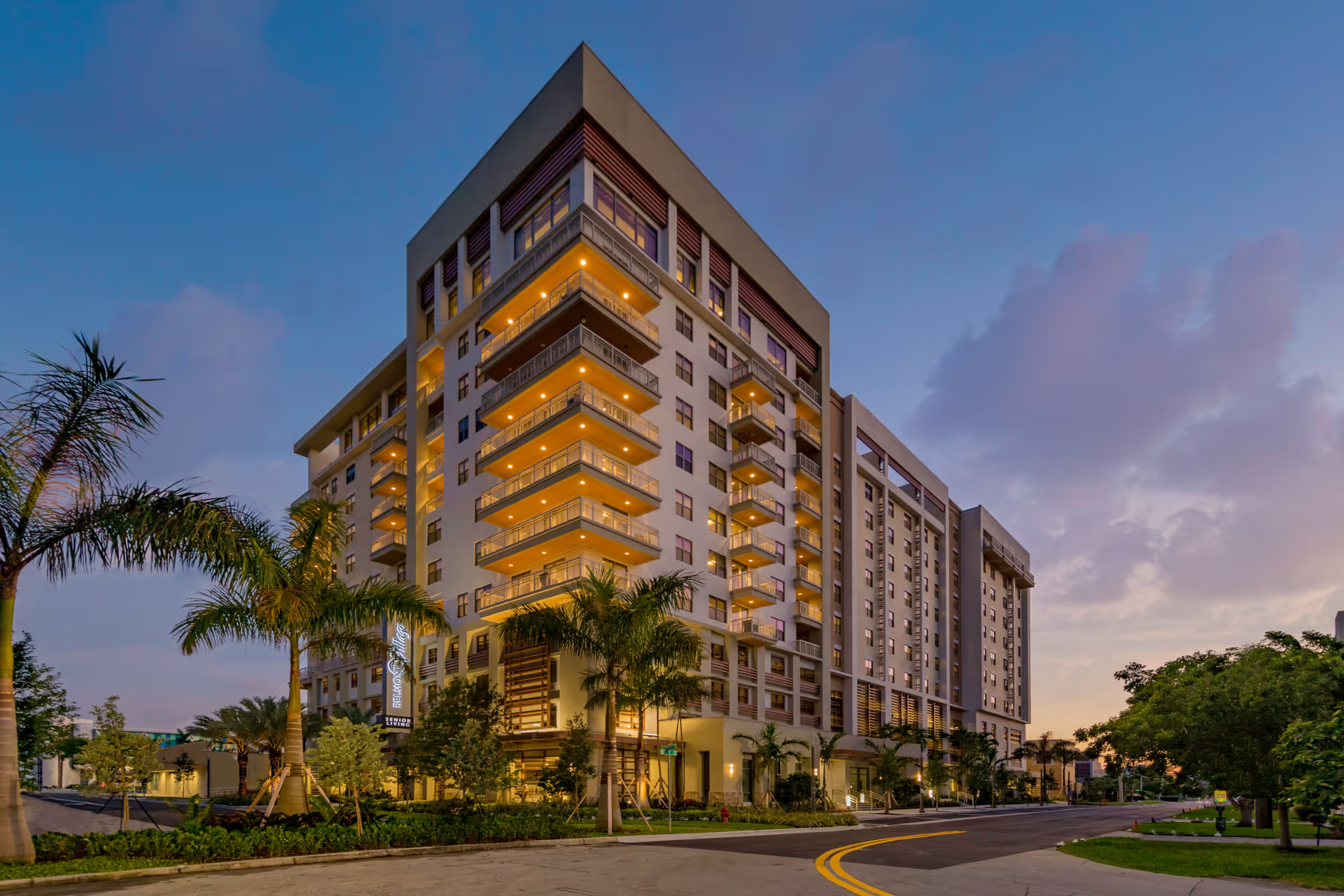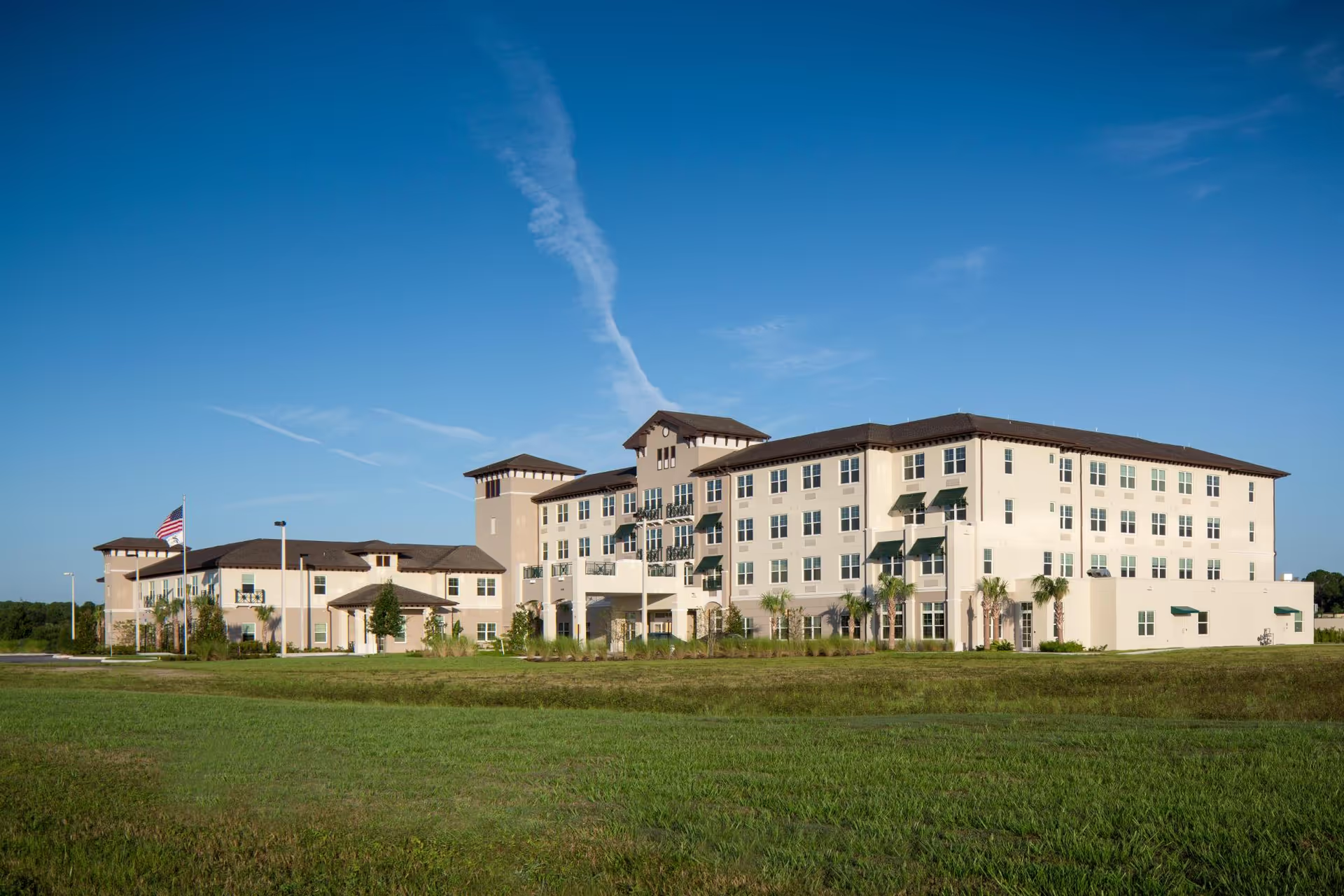Overall sentiment in the reviews is highly mixed and polarized. A substantial portion of reviewers praise Regents Park of Sunrise for strong, compassionate hands-on care, especially in rehabilitation and therapy, and they highlight a number of staff members and administrators by name for exemplary responsiveness and professionalism. Those positive reviews commonly describe attentive nurses and CNAs, effective physical and occupational therapy that led to measurable recovery (walking, improved strength), solid discharge planning, a clean environment, timely communication, and a welcoming admissions experience. Multiple families emphasize that certain leaders (admissions staff, DON, therapists, receptionists) made transitions easier and provided reassurance and follow-through during and after stays.
Contrasting sharply, a sizable group of reviews describe serious and alarming problems. These negative accounts include reports of rude or unprofessional staff, poor or deceptive communication, and critical clinical lapses such as delayed or missing medications, inadequate diabetes monitoring, untreated bedsores, severe infections, dehydration, aspiration events, and failure to turn immobile residents for extended periods. Some reviewers report unsanitary conditions — urine-soaked beds, feces-stained linens and chairs, and torn/stained sheets — and even loss of personal items after discharge. There are multiple allegations involving delayed emergency responses, refusal or delay in necessary transfers, and in rare but grave cases, mentions of elder-abuse concerns and police involvement. These reports indicate instances where patient safety and basic hygiene standards were not met.
A consistent theme is the high variability in quality and experience. Many reviewers explicitly state that the facility was wonderful for their loved one — praising nurses (often naming individuals), therapists, social workers, and admission staff — while other families describe the same facility as deplorable or a nightmare. This inconsistency suggests that care levels may differ substantially by shift, unit, individual staff member, or over time. Several reviews point to excellent therapy outcomes and individualized attention in some stays, while others recount negligent or absent care during different stays or time periods.
Communication and administrative practices are another bifurcated area. Numerous reviewers applaud admissions personnel and administrators for being empathetic, communicative, and hands-on (several names receive repeated praise). Conversely, other reviewers report poor follow-up from management, unanswered calls, denied phone access to patients, confusing billing practices, and worries about Medicare billing or potential charges after certain time frames. Phone access and responsiveness are particularly salient: some families received daily updates and quick responses, while others encountered unreturned calls, missing phones in rooms, or even staff hanging up on relatives.
Facility condition and environment receive mixed remarks. Many reviews describe a clean facility with pleasant grounds and active programming; others describe outdated areas, occasional urine odors, and maintenance problems (torn sheets, stained furniture). Dining and nutrition similarly divide opinion: several reviewers compliment the food and service, while a few criticize low-nutrition options such as canned foods. Location and amenities (near shopping, basic conveniences) are generally neutral-to-positive.
Clinical and safety concerns reported are specific and serious in multiple reviews: delayed insulin or medications, glucose readings in dangerous ranges with inadequate monitoring, lack of needed equipment for bedbound patients (e.g., feeding pumps or wedges), and delayed recognition of deteriorating conditions. There are also reports of residents left unattended in wheelchairs, being neglected during bathing, and not being provided timely emergency care. Given the nature of these complaints, they represent significant risk factors families should investigate directly.
Patterns and practical takeaways: reviewers’ experiences appear to cluster — many stellar accounts revolve around successful short-term rehab stays with engaged therapy teams and communicative admissions staff. Many negative accounts focus on long-term nursing care, inconsistent staffing, sanitation and medication management failures, and serious safety incidents. This suggests prospective families should: (1) tour the specific unit and speak with current families/patients on-site, (2) ask directly about staffing levels, medication protocols, diabetes and wound-care procedures, and emergency response policies, (3) confirm policies on phone/visitor access and personal belongings, (4) request recent inspection reports and infection-control records, and (5) get clear, written billing/Medicare explanations and length-of-stay charge policies.
In summary, Regents Park of Sunrise receives both high praise and severe criticism. The facility demonstrates clear strengths in rehabilitation, some very dedicated and compassionate staff members, and positive outcomes for many patients. However, numerous reviews document troubling lapses in hygiene, medication management, communication, and patient safety. The overall impression is one of inconsistency: excellent care is certainly provided at times by committed teams and individuals, but there are documented instances of neglect and administrative breakdowns that prospective residents and families should probe carefully before making placement decisions.







